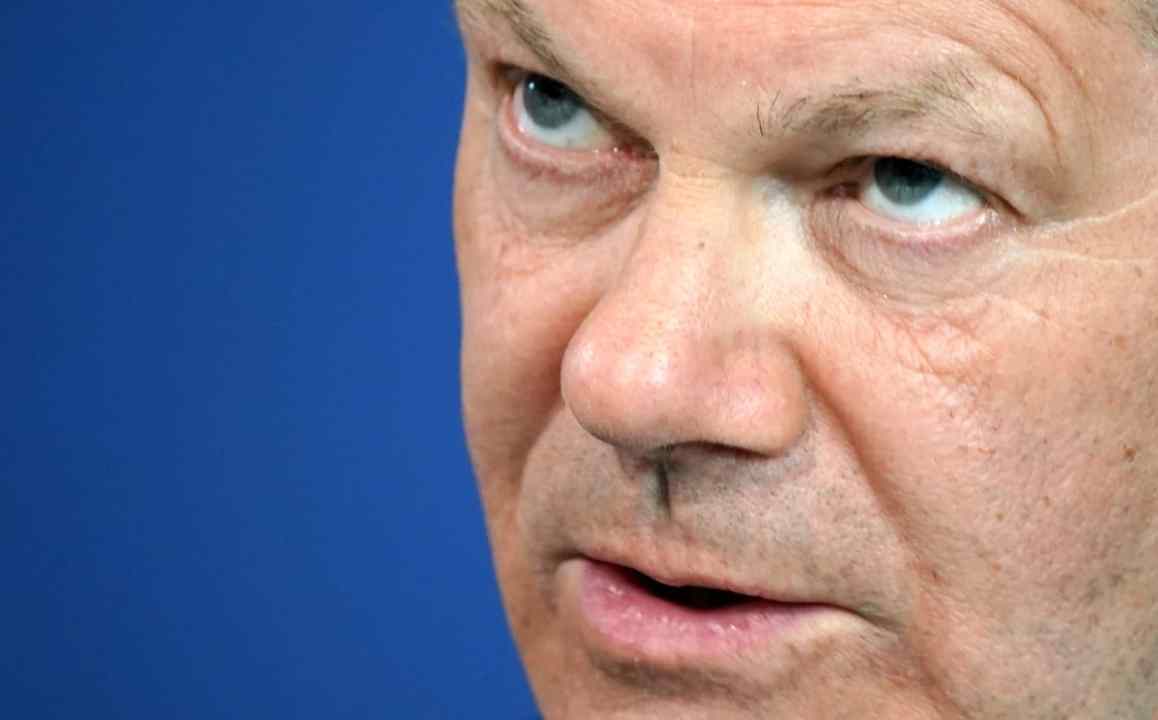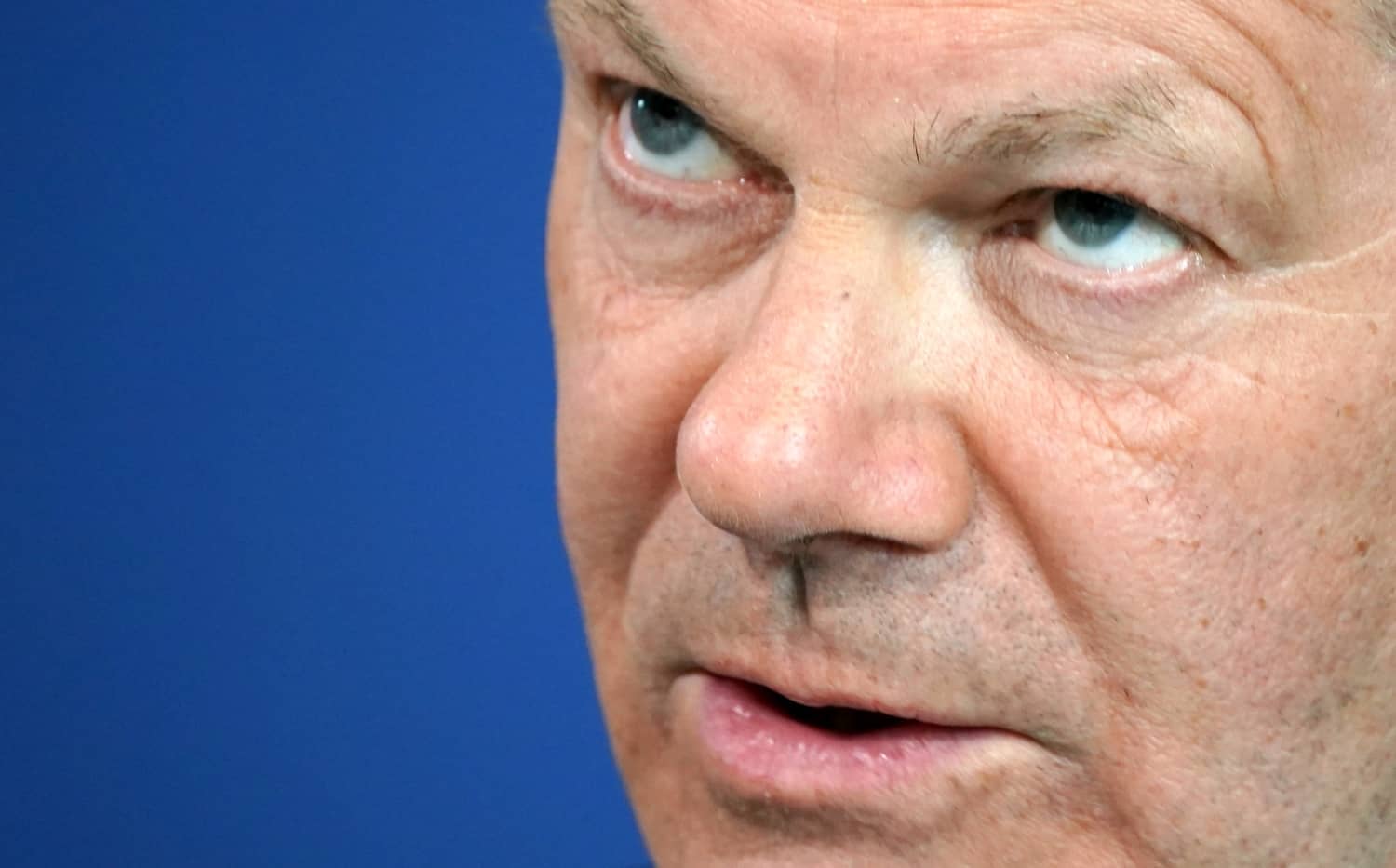North-Rhine Westphalia is Germany’s largest state, almost as large as the Netherlands. It was a traditional SPD fiefdom during the time of Helmut Kohl, but in 2005 it became a CDU state. Surely, if the SPD was on the march, ready to turn Germany’s regional politics red as it did the chancellery in last year’s election, a state like North-Rhine Westphalia would return to the party?
But the big news from yesterday’s federal state elections is that the SPD, the party of German Chancellor Olaf Scholz, scored its worst-ever result in Westphalia: less than 27 per cent of the vote. The CDU won with 35.5 per cent and will probably form a coalition with the Greens. The FDP, the free-market liberals that form the third leg of Scholz’s national coalition, also lost badly, down 7 per cent to just over 5 per cent. The so-called ‘traffic light coalition’ in Berlin seems to work only for one party, the Greens, and only for two politicians: Robert Habeck and Annalena Baerbock, the party’s joint leaders. This fundamental imbalance will inform the future of German politics.
It is best to look at last year’s election result – which brought Scholz to power – as a fluke
What this result shows is that the decline in the support for the SPD is continuing. Just seven of the 13 million voters showed up, putting abstentions at an unprecedented 45 per cent. It is best to look at last year’s election result – which brought Scholz to power – as a fluke. The SPD’s nationwide support may well drop to below that of the Greens. This is certainly what many were expecting at the start of last year’s election campaign.
Olaf Scholz became chancellor because the media had been busy destroying his two opponents. They didn’t get to him in time for the election and so the Germans ended up voting for the last man standing. It has taken the war in Ukraine to reveal what many suspected before: that Scholz is not a leader.
And yet despite the signs from Germany’s local elections, it looks as though Scholz’s coalition will nevertheless last to the end. For starters, there will be no change in the government while the war lasts, just as the UK won’t get rid of Boris Johnson for the same reason. The Greens have more to gain from the 2024 elections than from a risky mid-term power shift. At that point, the Green vice-chancellor Robert Habeck might have a chance to take over from Scholz. The elections in North-Rhine Westphalia have shown that this is a very real scenario.
In Düsseldorf, the capital of Westphalia, the Greens won’t be the kings, but they will be king-makers. A CDU/Green coalition would have a solid majority. In theory, there is a majority for the three parties of the traffic light coalition in Berlin: the SPD, Greens and FDP. Indeed, this would be the only power option for the FDP. They could make the Greens an offer they can’t refuse. But it would be suicidal for the FDP to double down on the traffic light model. It is so obviously not working for them in Berlin.
Christian Lindner, the FDP chairman, managed to get the finance ministry job during last year’s coalition talks. This was seen as a big victory. But it is the Green portfolios of economics and foreign affairs that have changed German politics. Yesterday’s election shifted the power balance inside the coalition further towards the Greens. For the FDP and SPD there are not yet any alternatives: German politics is starting to look like a slow-moving train wreck.
This article was first published in the EuroIntelligence morning briefing. For a trial subscription click here.








Comments